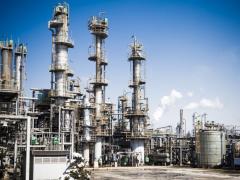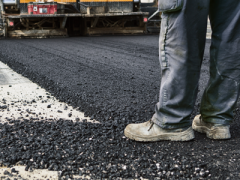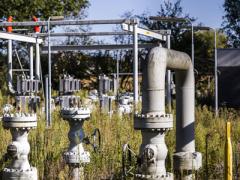Decarbonisation options for the Dutch glass wool industry
This report on decarbonisation options for the Dutch glass wool industry is part of the MIDDEN project (Manufacturing Industry Decarbonisation Data Exchange Network) initiated by PBL and ECN part of TNO. The project aims to support industry, policymakers, analysts and the energy sector in their common efforts to achieve deep decarbonisation.
The glass wool industry in the Netherlands
Glass wool is produced in the Netherlands by Saint-Gobain Construction Products Nederland B.V. in Etten-Leur. It is estimated that the company currently produces 60 kilotonnes of glass wool and glass-fleece products annually, from various minerals and recycling flows. Most of the CO2 emissions are related to the melting process, which runs mainly on natural gas. Around 11% of the CO2 emissions are process emissions that are released during the melting of the raw material.
Decarbonisation options include electrification and alternatives for natural gas
An important decarbonisation option is the electrification of the melting furnaces. Further on-site decarbonisation options consist of energy efficiency measures, and alternative fuels like upgraded biogas (to green gas) and hydrogen to replace natural gas consumption.
Authors
Specifications
- Publication title
- Decarbonisation options for the Dutch glass wool industry
- Publication date
- 13 December 2019
- Publication type
- Report
- Page count
- 22
- Publication language
- English
- Product number
- 3886




